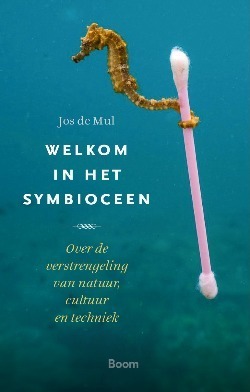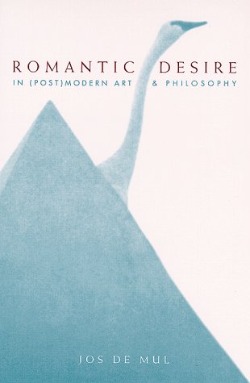Jos de Mul, Michel Houellebecq’s tragic humanism. Invited lecture in the series Personhood, Law & Literature III organized by the Human Philosophy Project (Warsaw University & Oxford University). Institute of Philosophy, University of Warsaw. Room 4, roundfloor. April 7, 2016, 5-8 PM.
Various authors, including Friedrich Nietzsche and George Steiner, have argued that the tragic worldview, as we find it expressed in Greek tragedy, has become an entirely incomprehensible phenomenon for (post)modern man. The claim defended in this article radically opposes this view. It is argued that tragedy can still teach us something today, and maybe even more so now than in the many intervening centuries that separate us from her days of glory in the fifth century bce. The tragic reveals itself once more in (post)modern society, and nowhere more clearly than in technology, the domain in which we believed the tragic had been domesticated or even eliminated. Referring to the tragic humanism in Michel Houellebecq’s novels The Elementary Particles and The Possibility of an Island it is argued that it is precisely in (post)modern (bio)technologies that we experience the rebirth of the tragic.
2016-04-07 (Warsaw) Michel Houellebecq’s tragic humanism
Typography
- Smaller Small Medium Big Bigger
- Default Helvetica Segoe Georgia Times
- Reading Mode



 Vanaf de derde druk verschijnt
Vanaf de derde druk verschijnt 





